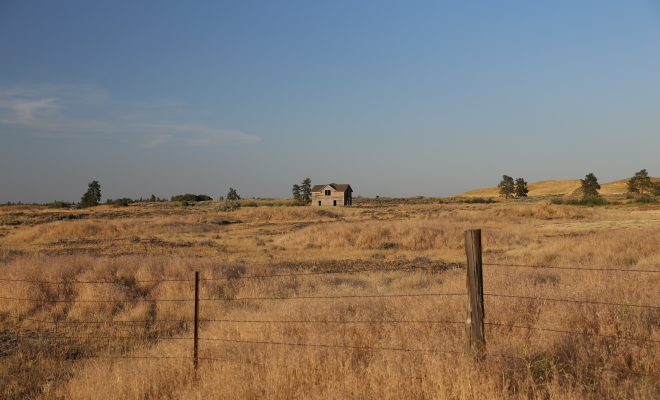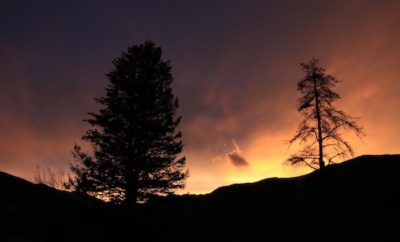
Existential Psychology
A Place To Call Home
The basic needs are food, clothing, and shelter. They make up the foundation of Maslow’s hierarchy because they’re physiological in nature, their satisfaction can’t be put off past a certain point or it spells certain doom for the biological survival of the organism. This means they have to be taken care of before attention can be paid to the other, we could say higher, human needs like love and belonging, esteem, and self-actualization.
One area where the existential meets the physiological, where the biological and spiritual align, is in the deep human need we all feel, at some level of awareness, to have a place to call home. In the biological sense it’s obvious that shelter from the elements and from predators is essential for survival. Whether the shelter in question is a cave or a mansion is of secondary importance to the concrete protection, and the resulting feelings of security, that this shelter provides. But in the spiritual sense we all desperately want a place to call home for a reason that is not necessarily available to conscious awareness but is every bit as real and pressing. This is that we’re all existential vagabonds, doomed to wander the earth without knowing why, brought into the world without our knowledge or blessing and most likely cast out of it in the same way.
As Erich Fromm once put it, humans are the freaks of nature. We’re still dependent on it as biological organisms, like every other biological organism, yet at the same time we’re aware of the fact, we’ve transcended nature and no longer blindly play by its rules, we no longer simply follow our instincts to fulfill our preordained role in the food chain. We create, we plan, we look backwards and forwards across time, we wonder about the cosmos. In the existential sense nature is the home of every biological organism except for us. We’ve been cast out, forced to rely on our ingenuity rather than our instincts in order to make a place for ourselves in the world.
It’s this deep seated feeling of homelessness that, along with the physiological need for shelter, makes having a place to call home so fundamentally important to every human being. It’s why allegiance to blood and soil take precedence over all other loyalty claims, why it doesn’t matter where you’re from, you represent that place and get visibly upset if anyone dares cast dispersions upon it, why you may look upon foreigners with suspicion and distrust, why it’s always one’s own country whose cause is righteous and the other country whose intentions are evil.
All of this narcissism, so damaging to humanity, is propelled by the powerful need to feel at home in a world with a no vacancy sign that never turns off, a world where we’ve been cast out of paradise, out of nature, and into a human environment that often seems meaningless. It’s a world where the ground never truly feels stable below our feet and where we therefore grasp onto any and all available lifelines that promise us some sense of shelter and security, some sense of being at home.




